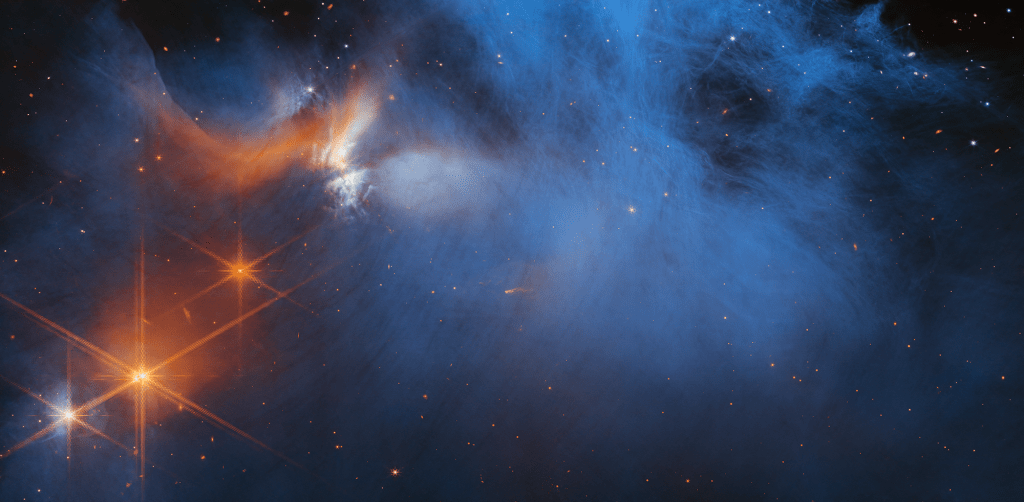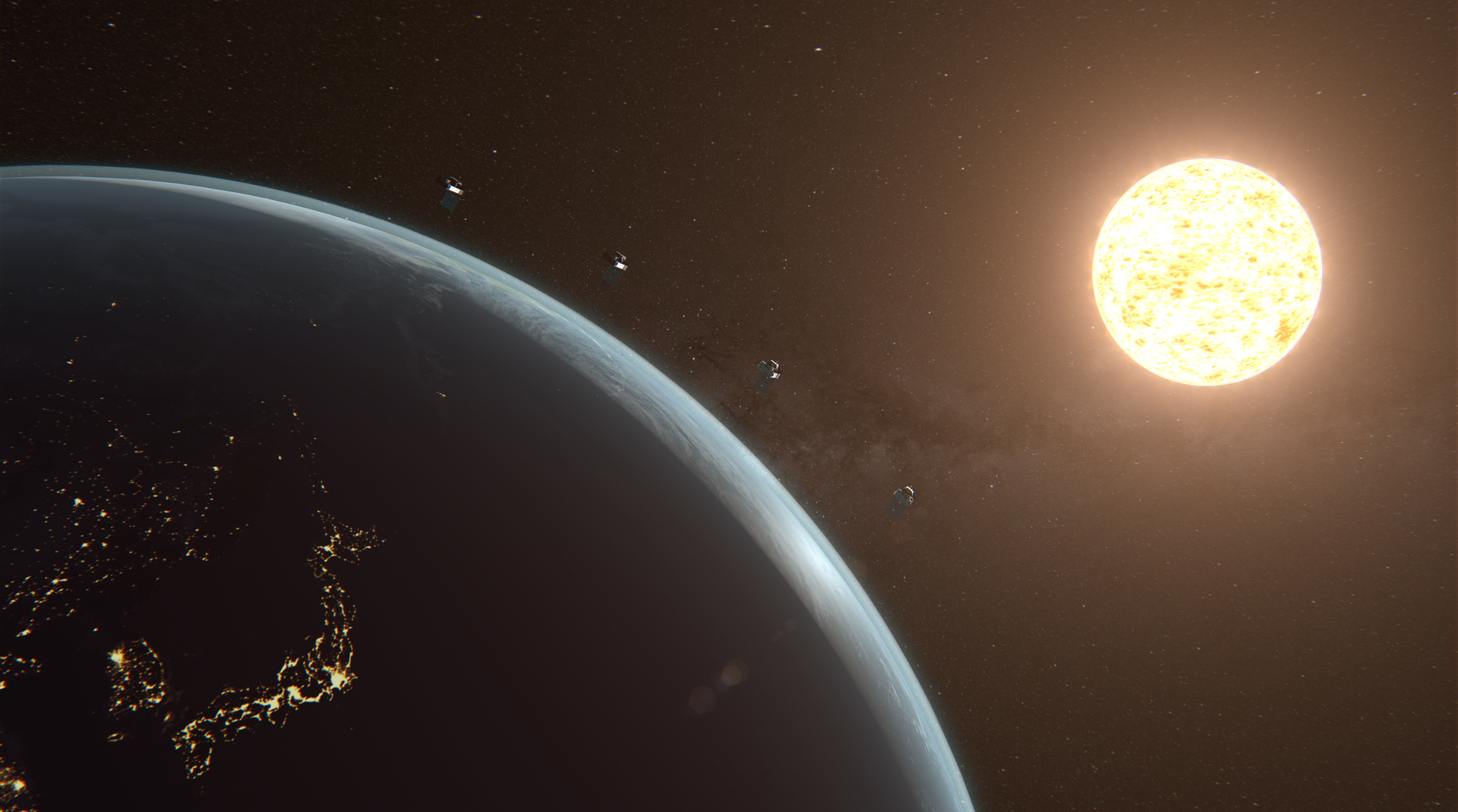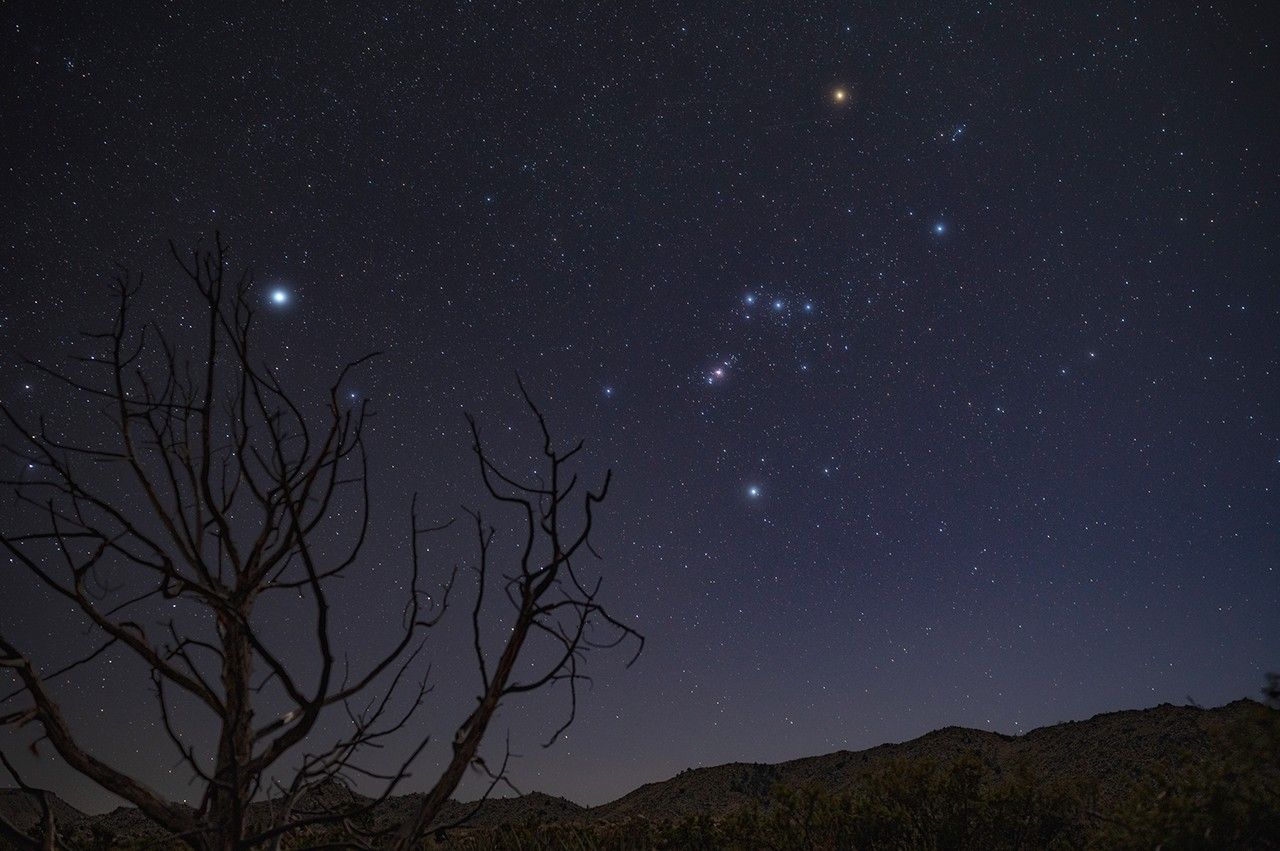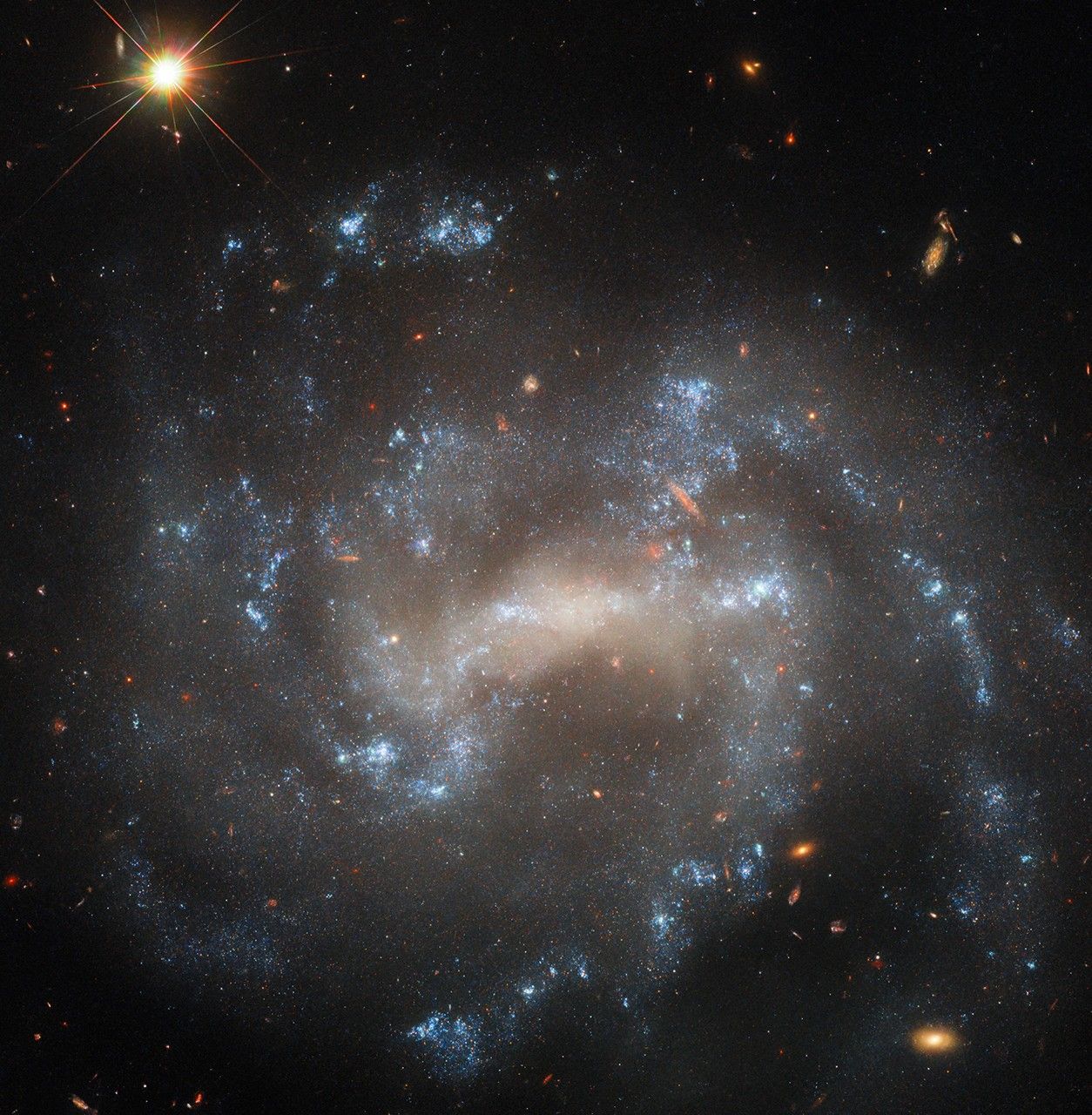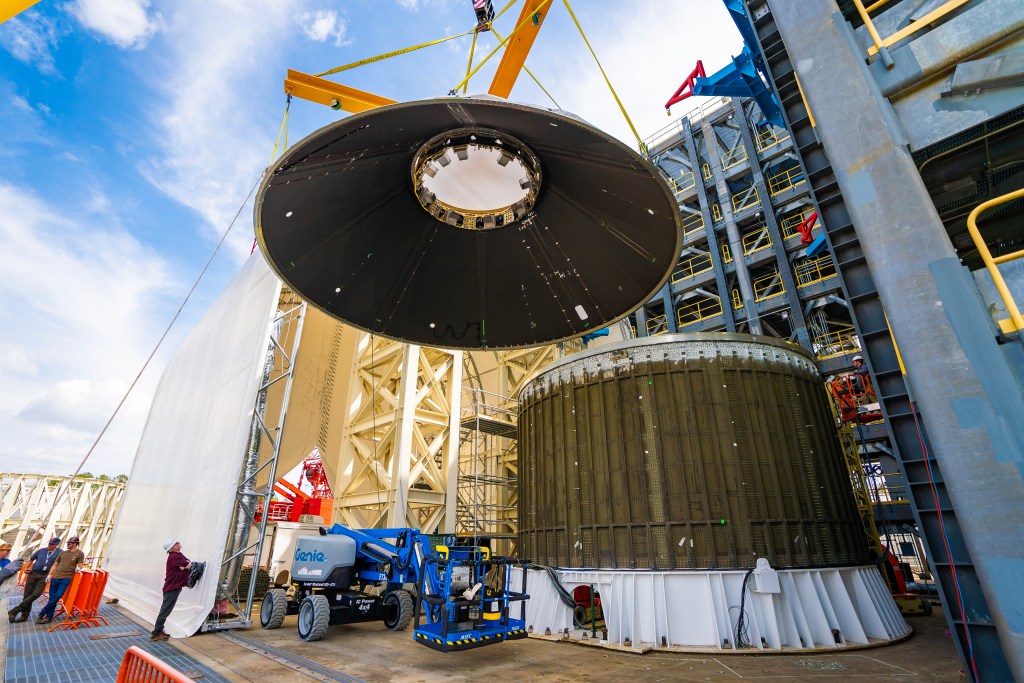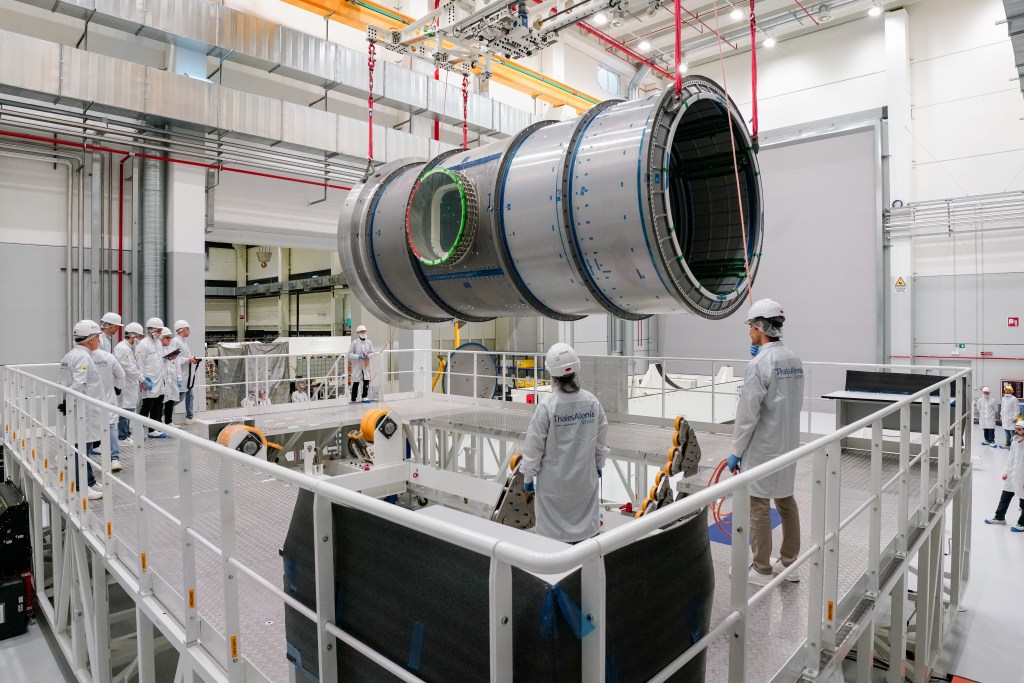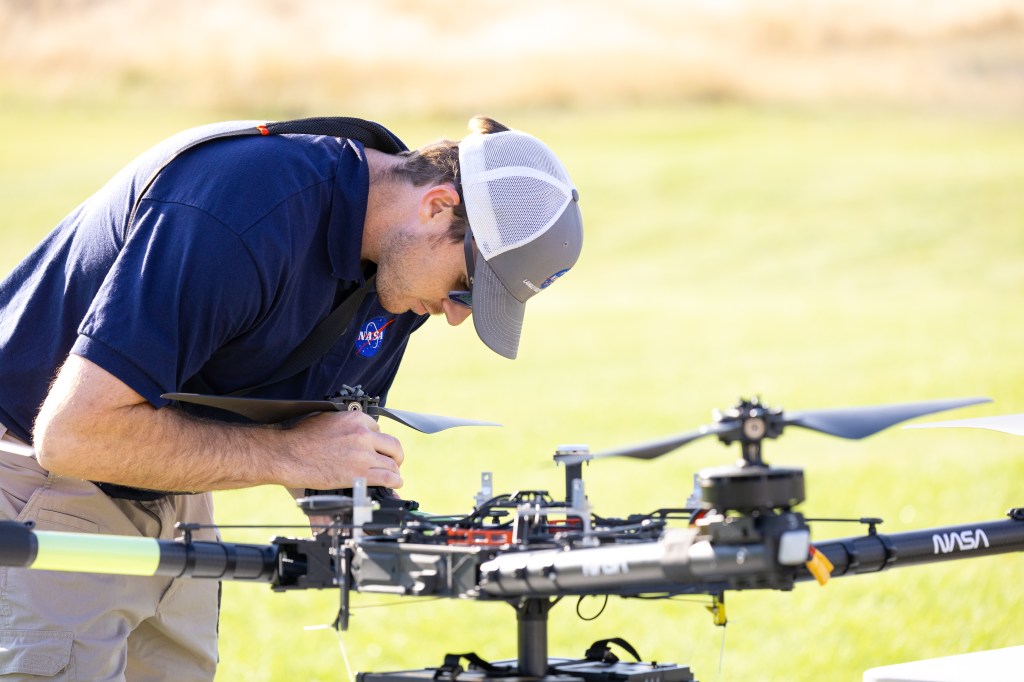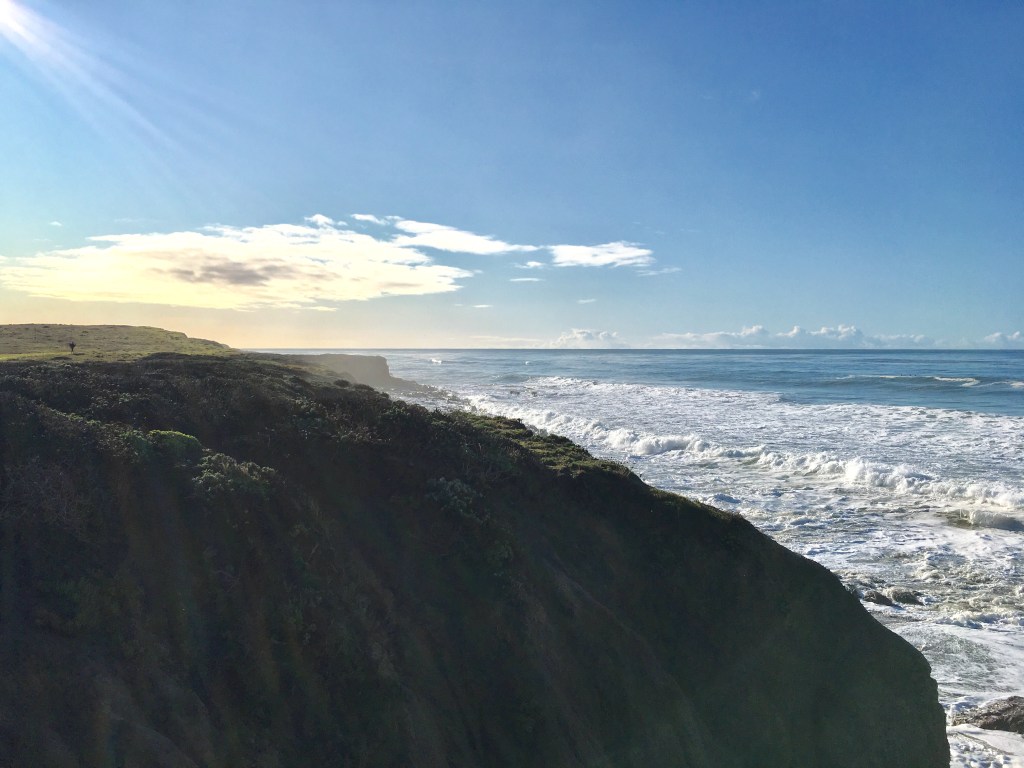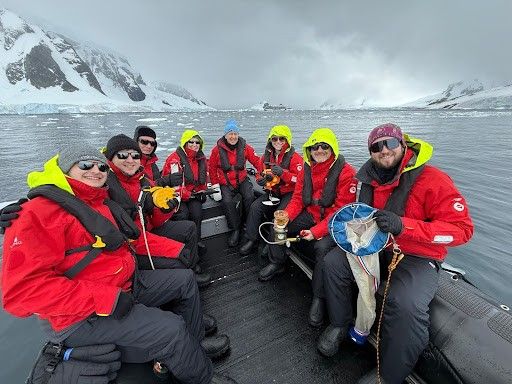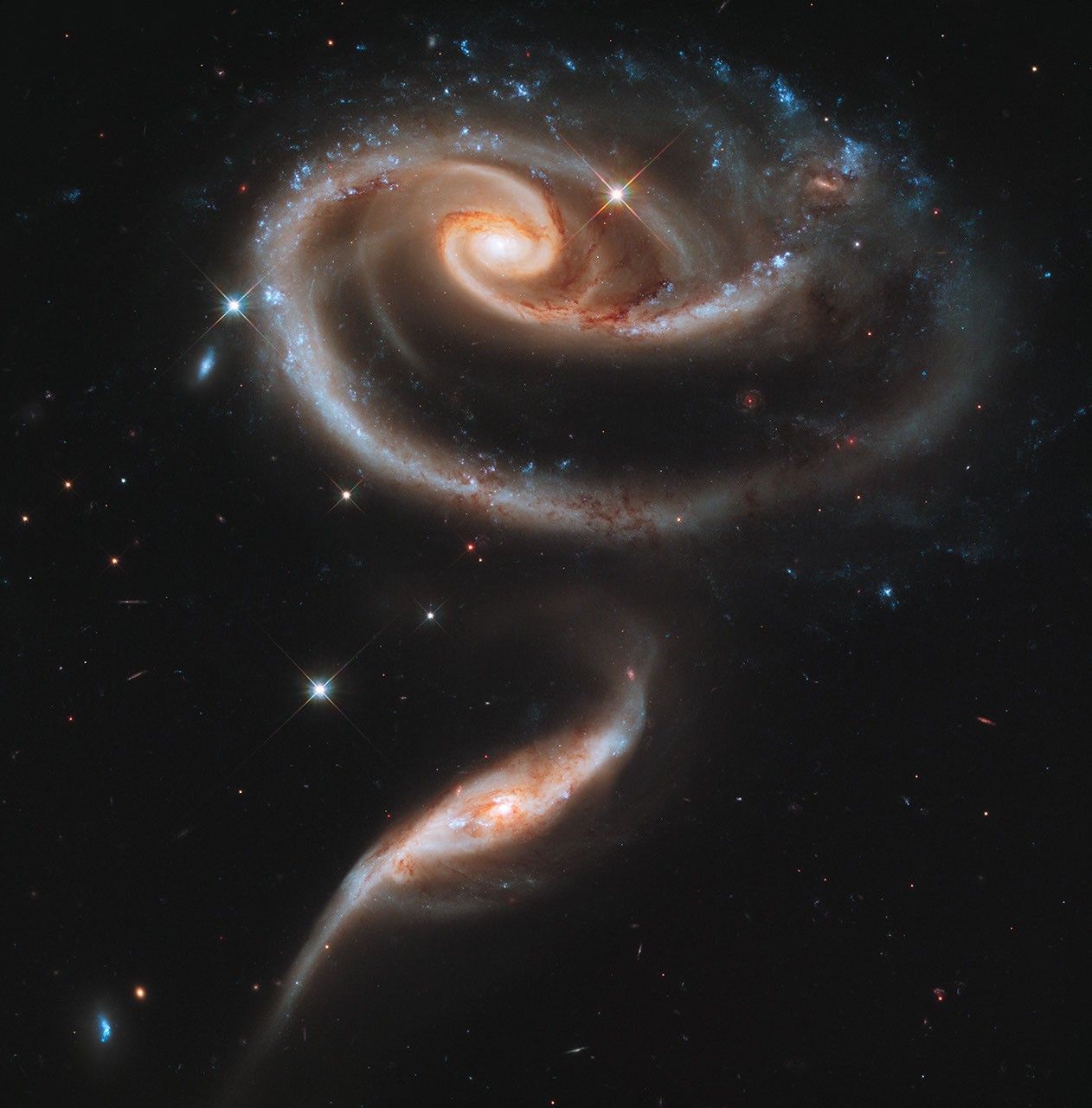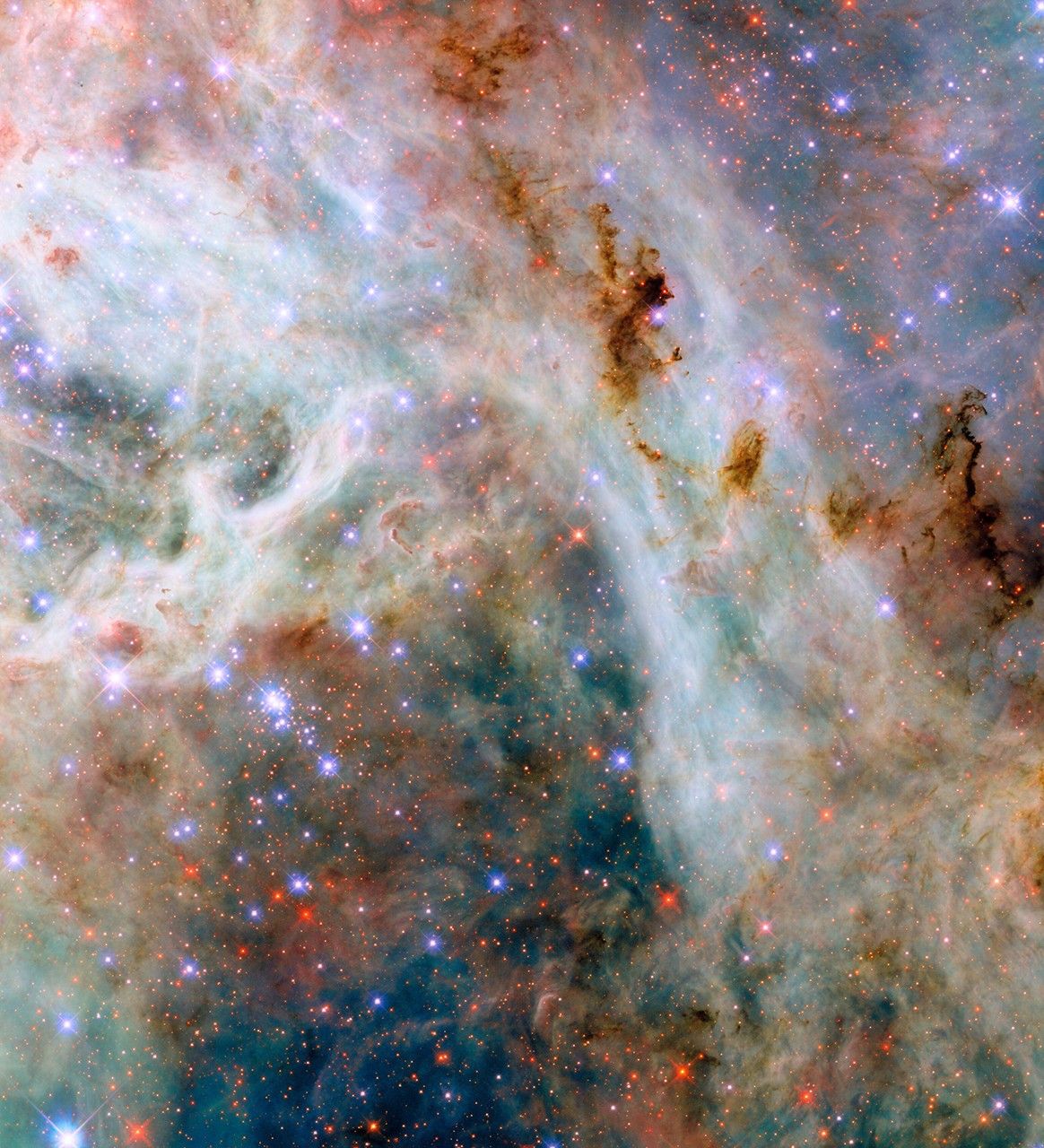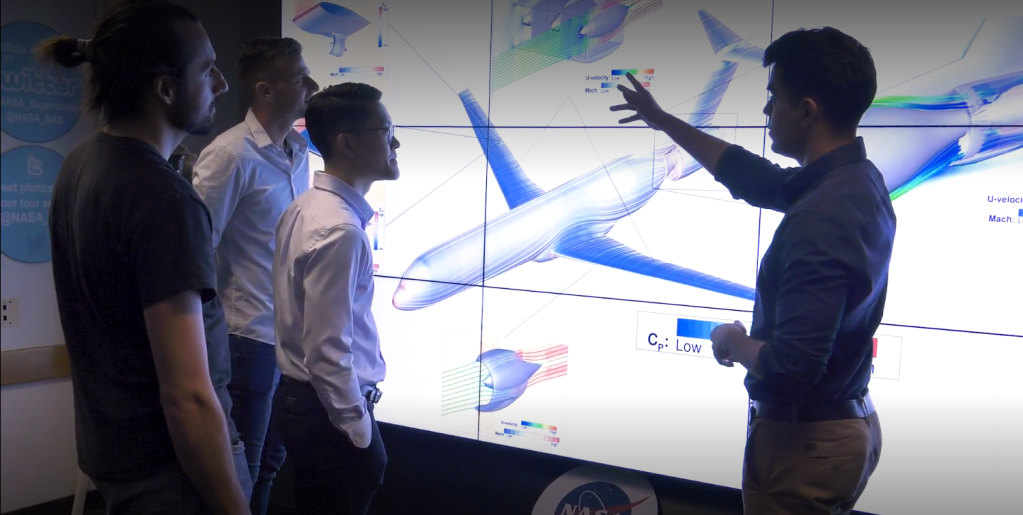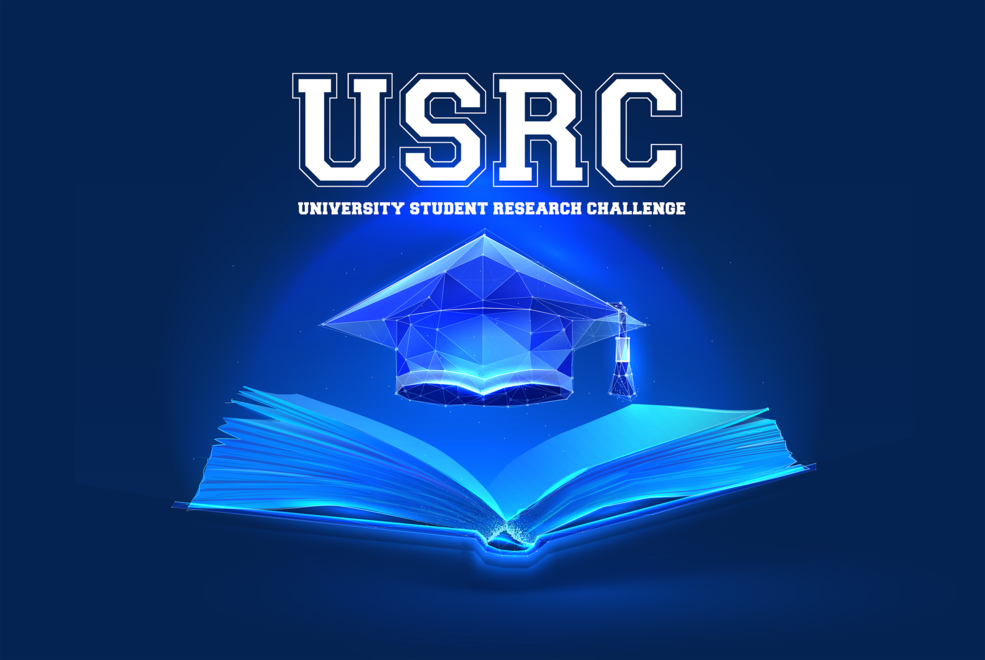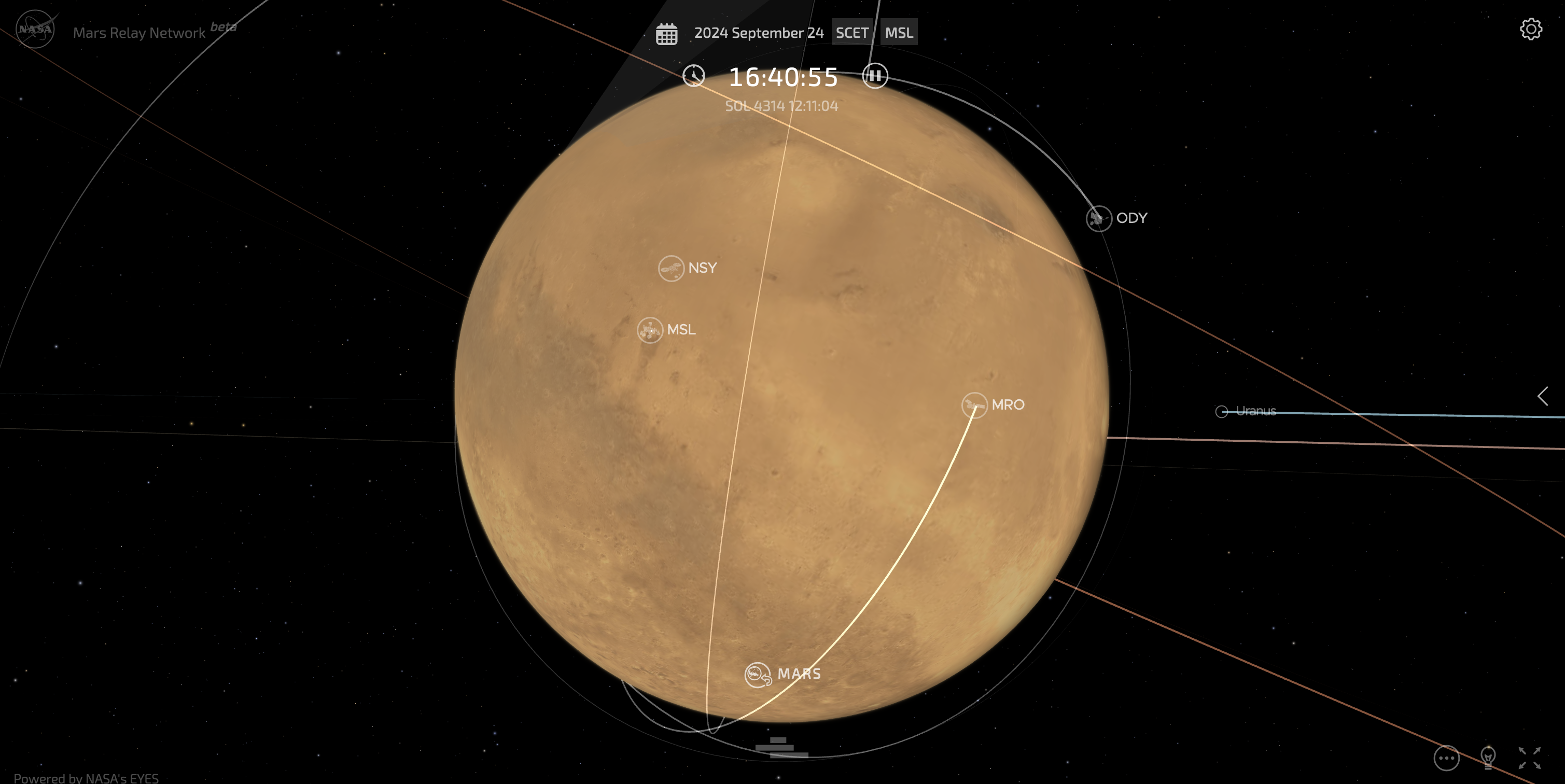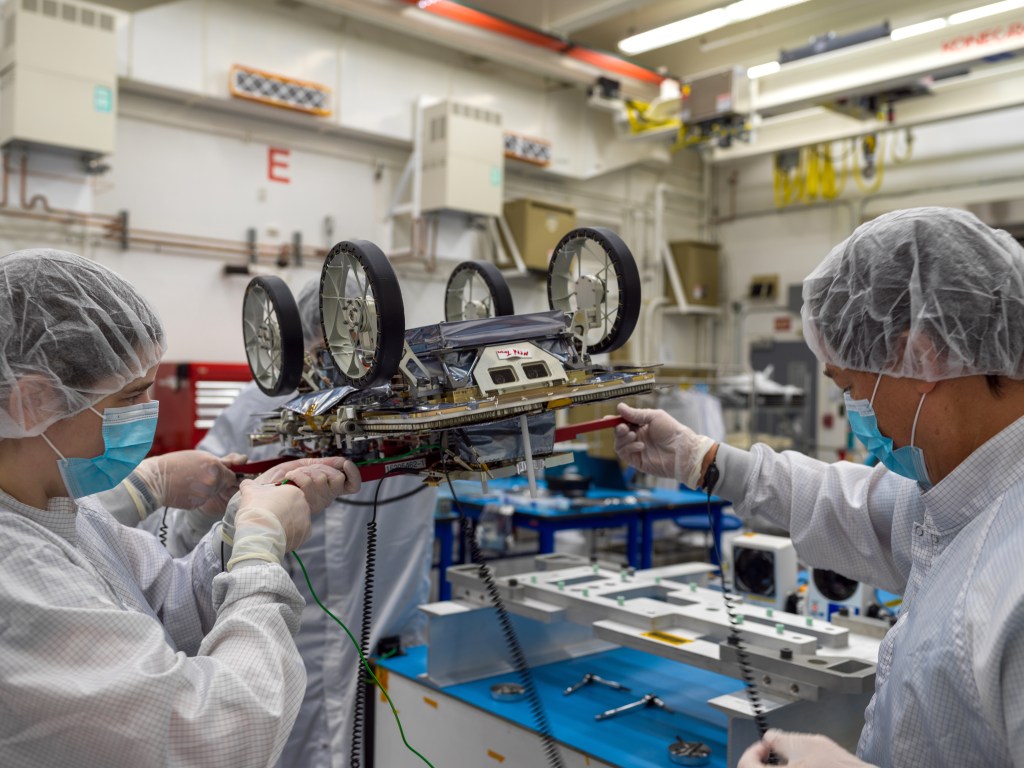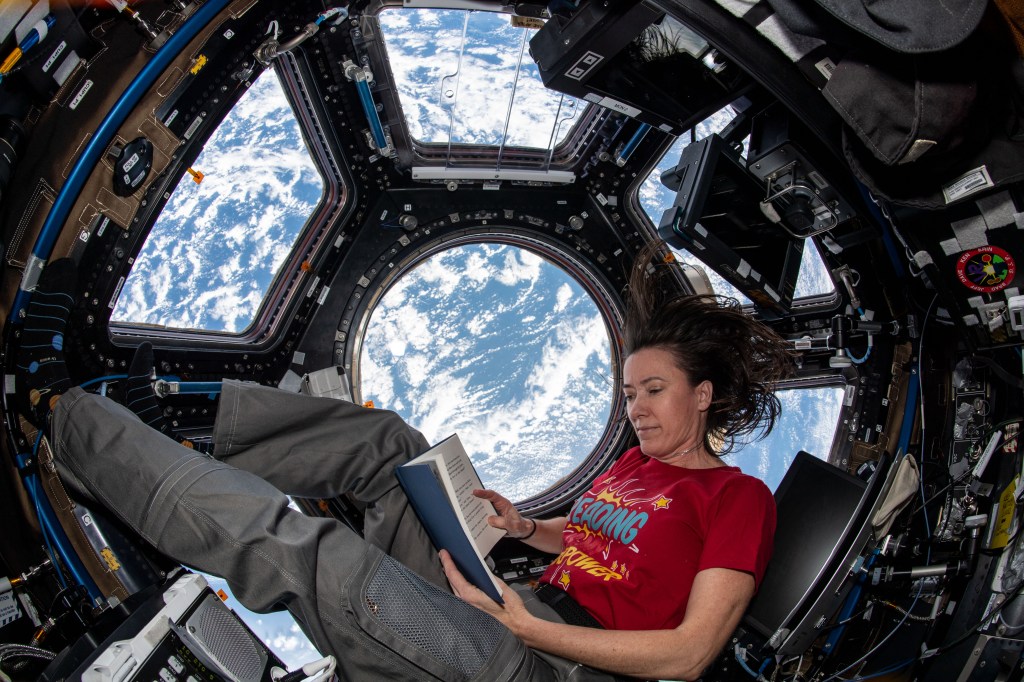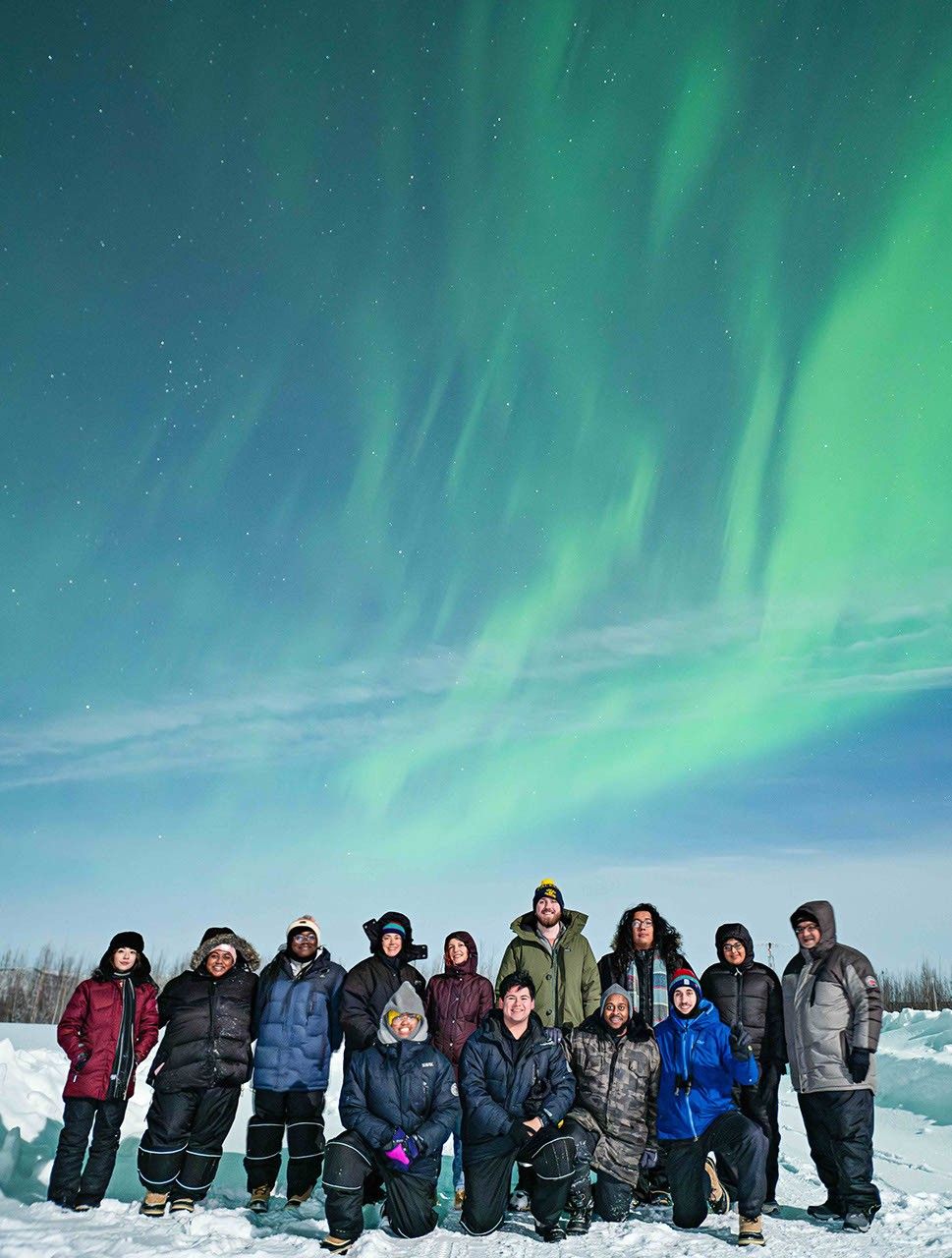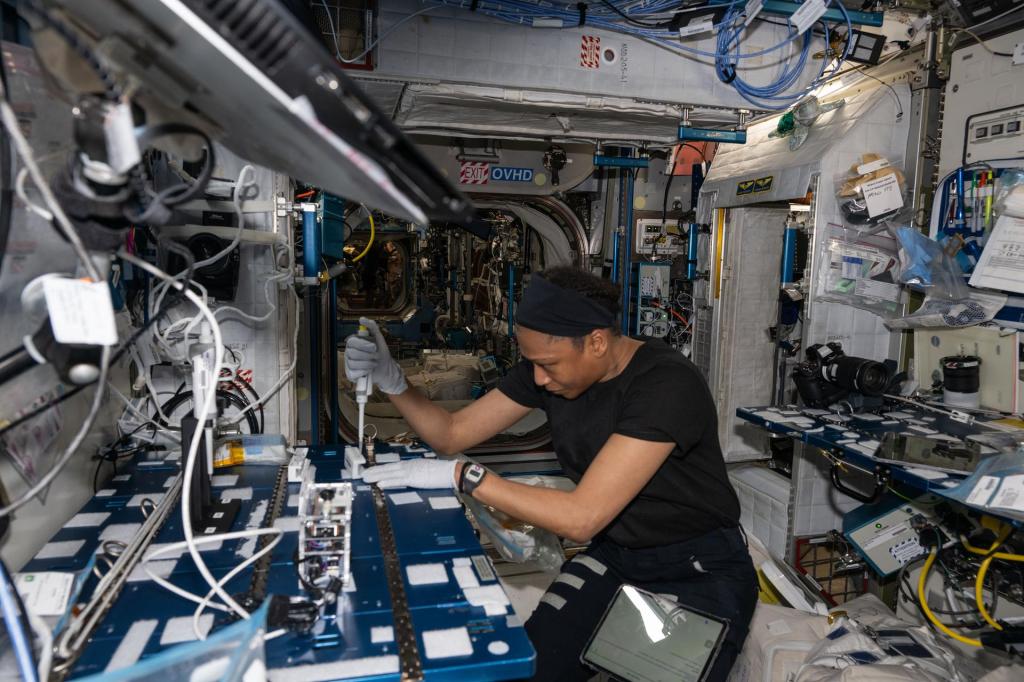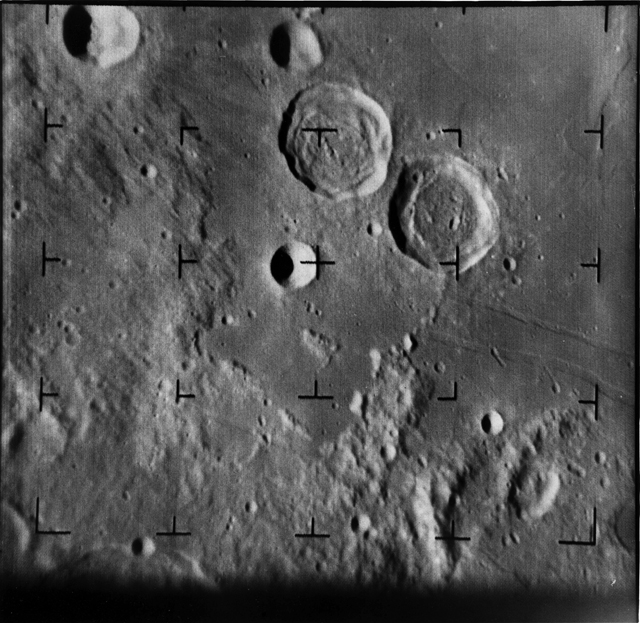Citizen Science Highlights
NASA needs your help! You can collaborate with professional scientists, conduct cutting-edge science, and make real discoveries. A science degree is not required, just a passion for understanding the natural world. Here, you can read news about NASA-funded citizen science projects, new discoveries, and opportunities to get involved. For more information on current citizen science projects.
Filters
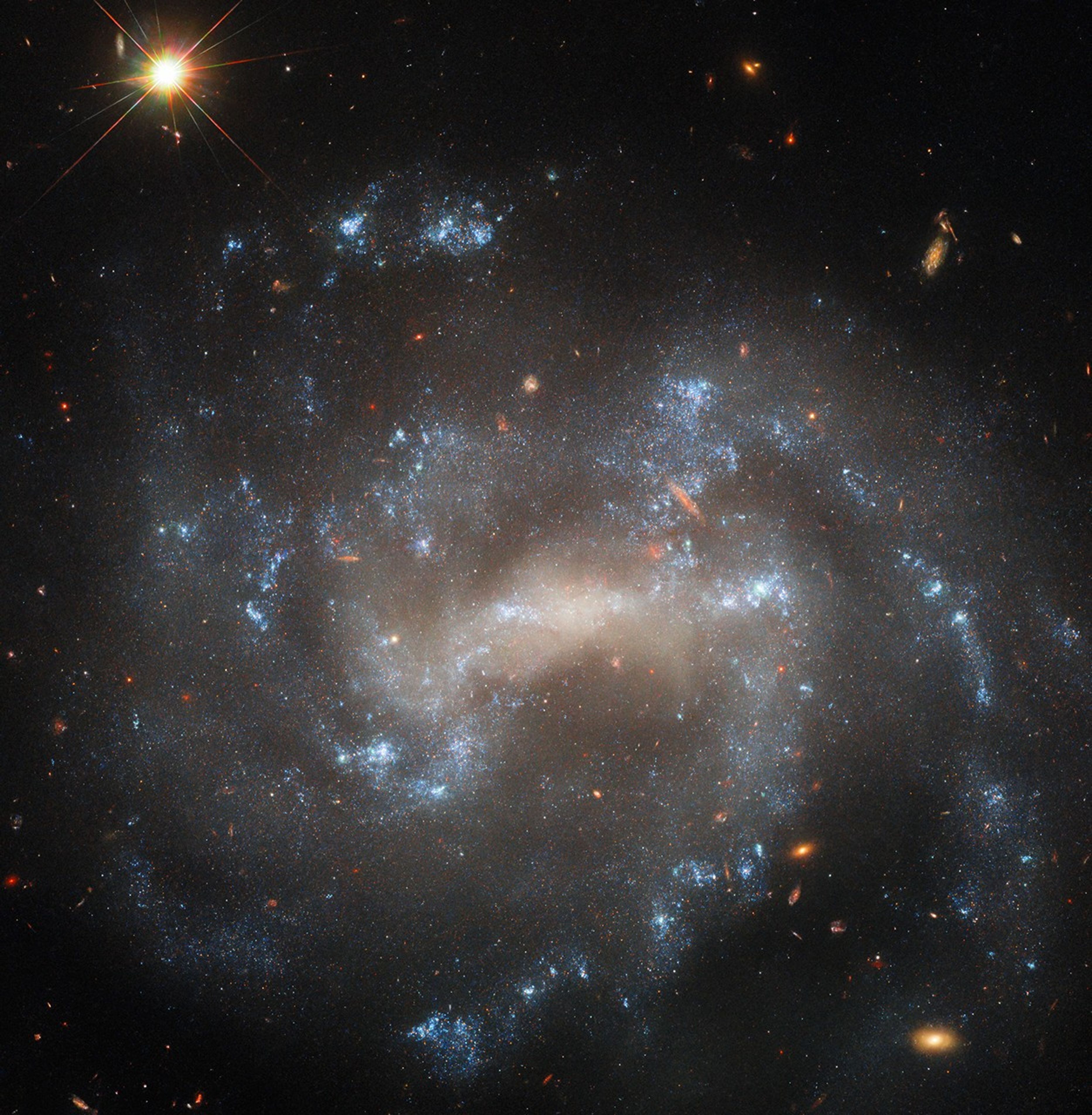
The sparkling spiral galaxy gracing this NASA/ESA Hubble Space Telescope image is UGC 5460, which sits about 60 million light-years away in the constellation Ursa Major. This image combines four different wavelengths of light to reveal UGC 5460’s central bar…

Jeff Dozier, an environmental scientist, snow hydrologist, researcher, academic – and former Earth Observing System Project Scientist – died on November 17, 2024. Jeff’s research focused on snow hydrology and biogeochemistry in mountain environments and addressed the role of stored…

Berrien Moore III, Dean of the College of Atmospheric and Geographic Sciences at the University of Oklahoma (OU), director of the National Weather Center in Norman, OK, and Vice President for Weather and Climate Programs, died on December 17, 2024. Berrien…

Pierre Morel, the first director of the World Climate Research Programme (WCRP) and founding member of WCRP’s Global Energy and Water Exchanges (GEWEX) Core project, died on December 10, 2024. Pierre began his research as a theoretical physicist. His doctoral…
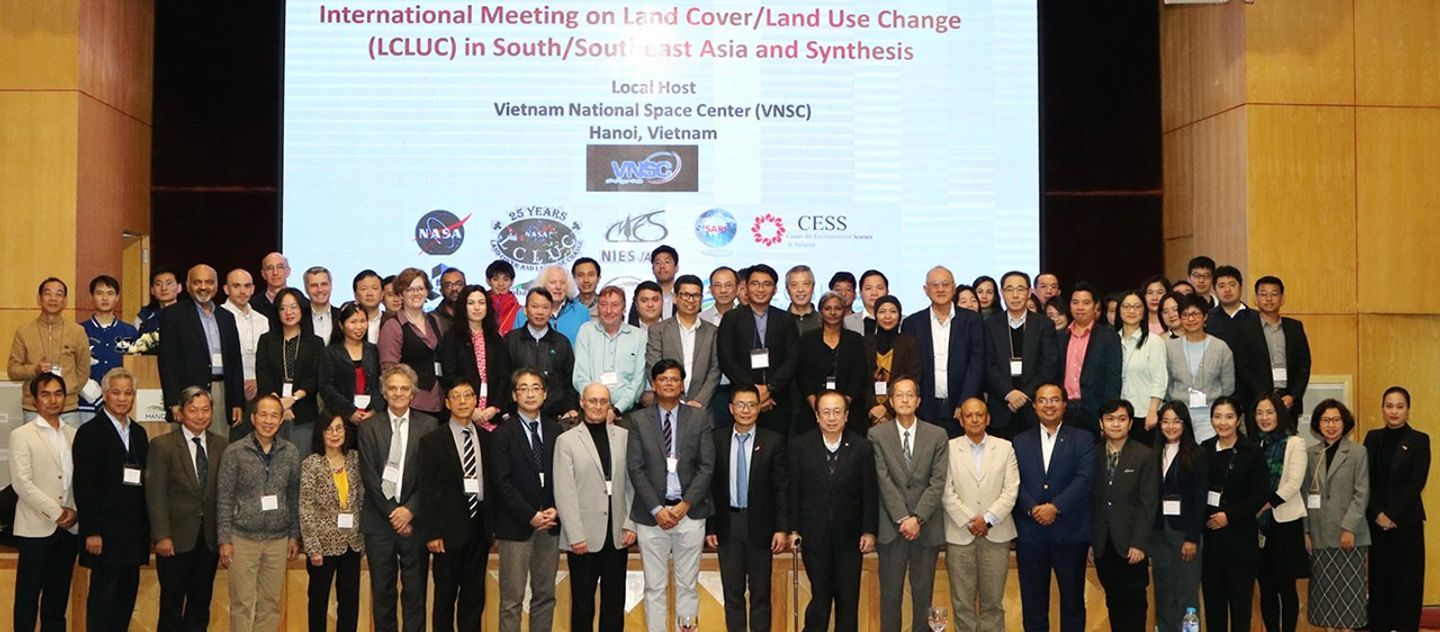
Introduction The NASA Land-Cover and Land-Use Change (LCLUC) is an interdisciplinary scientific program within NASA’s Earth Science program that aims to develop the capability for periodic global inventories of land use and land cover from space. The program’s goal is to…
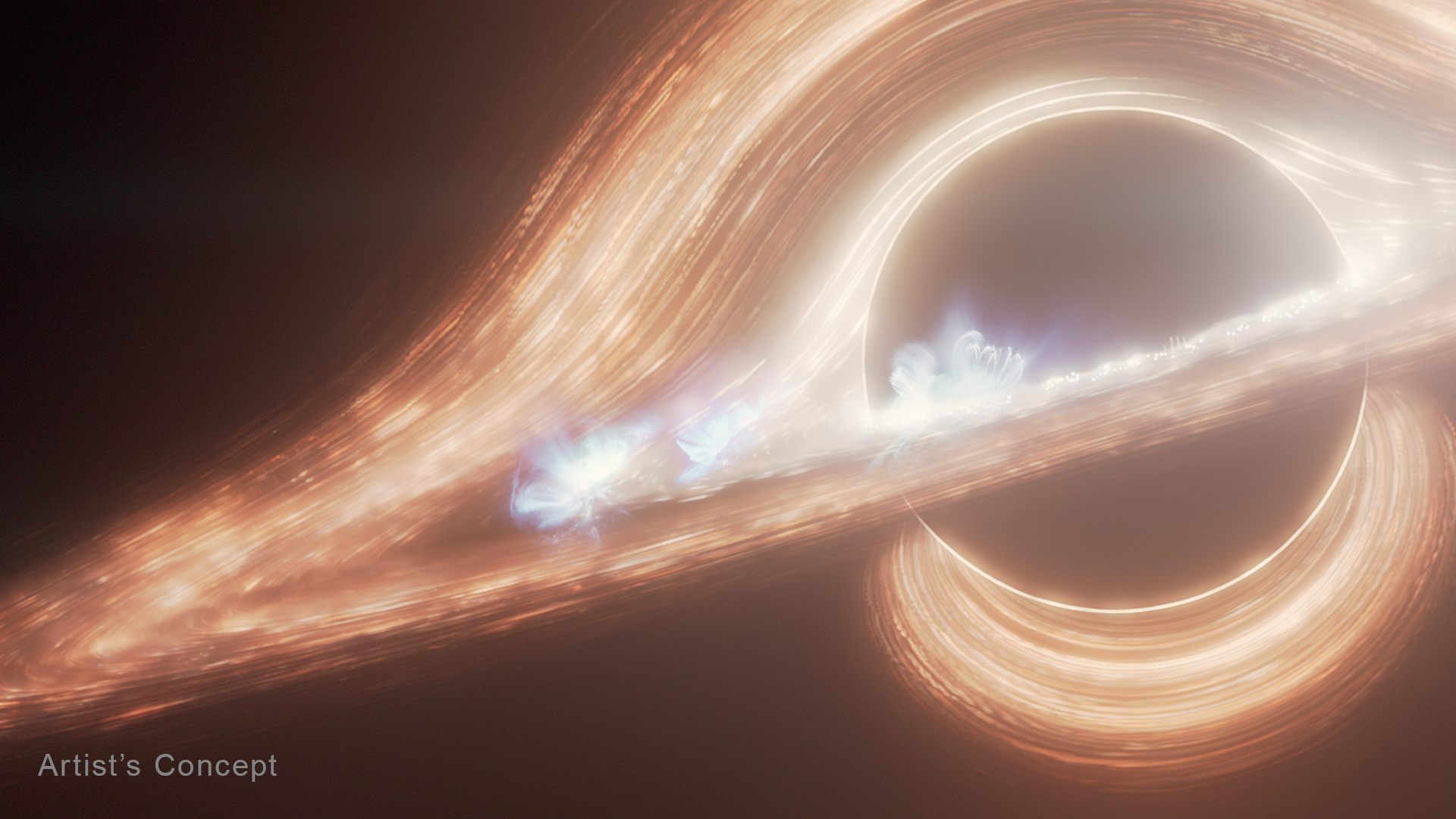
The supermassive black hole at the center of the Milky Way appears to be having a party, complete with a disco ball-style light show. Using NASA’s James Webb Space Telescope, a team of astrophysicists has gained the longest, most detailed…
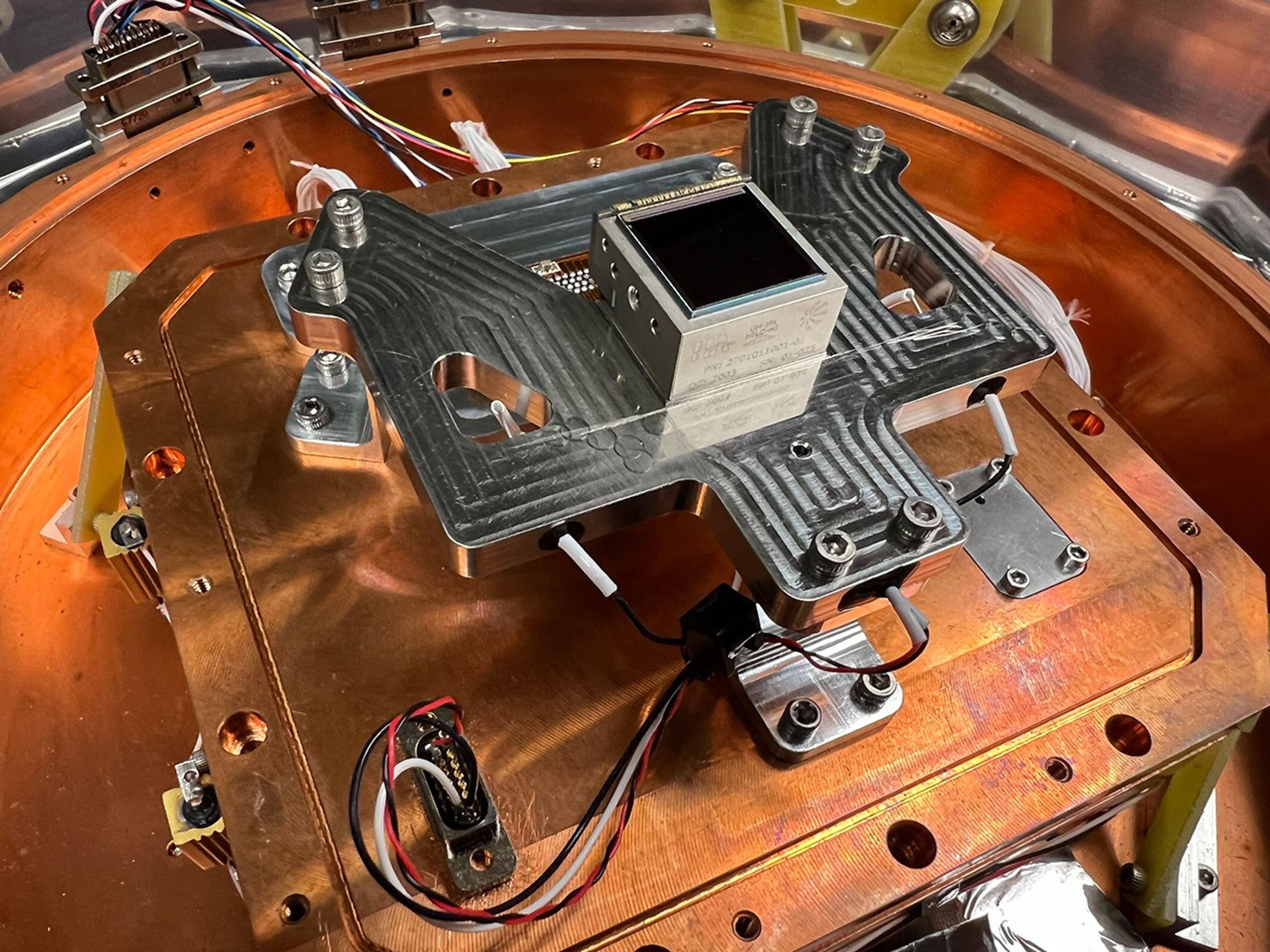
One of the ultimate goals in astrophysics is the discovery of Earth-like planets that are capable of hosting life. While thousands of planets have been discovered around other stars, the vast majority of these detections have been made via indirect…
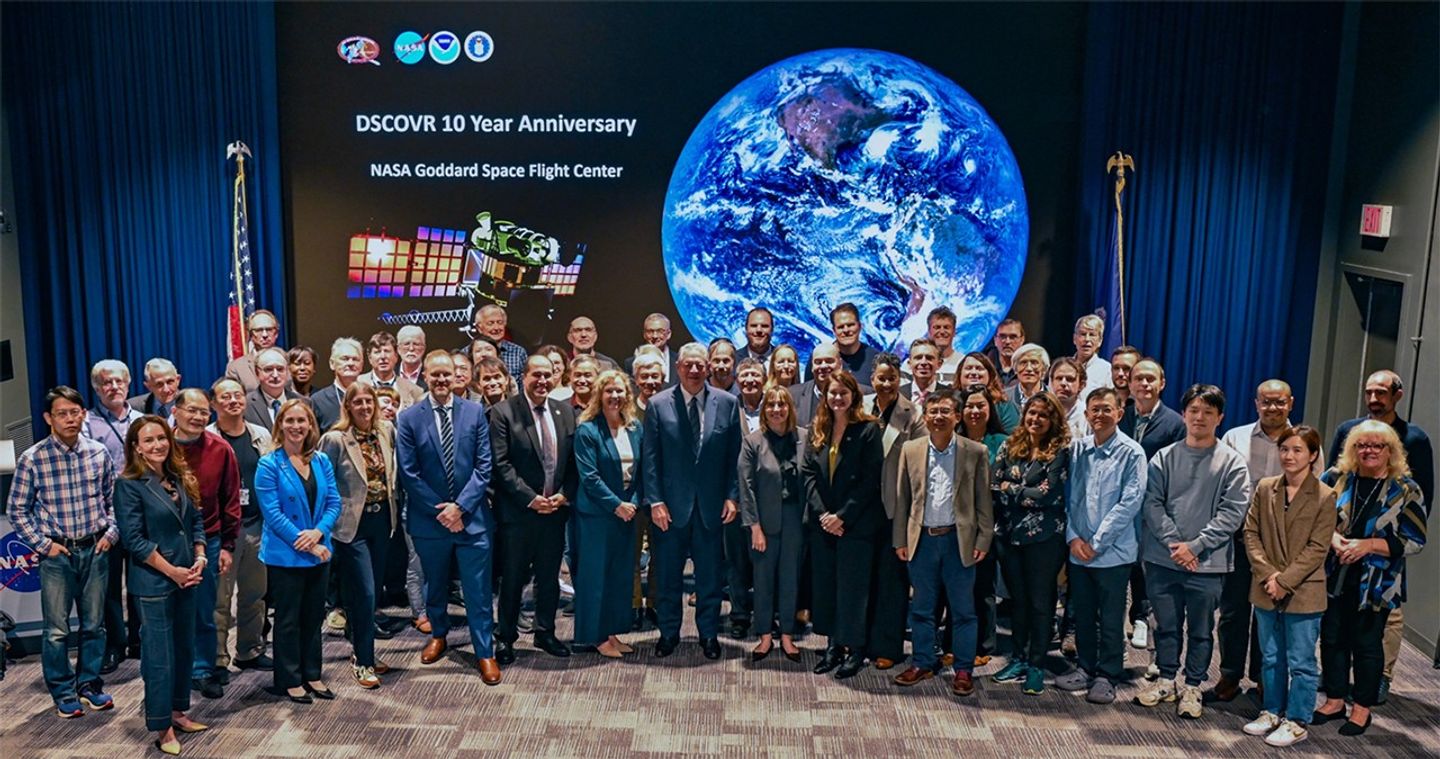
Introduction The 10th Deep Space Climate Observatory (DSCOVR) Earth Polychromatic Camera (EPIC) and National Institute of Standards and Technology (NIST) Advanced Radiometer [NISTAR] Science Team Meeting (STM) was held October 16–18, 2024. Over 50 scientists attended, most of whom were from NASA’s Goddard Space Flight…
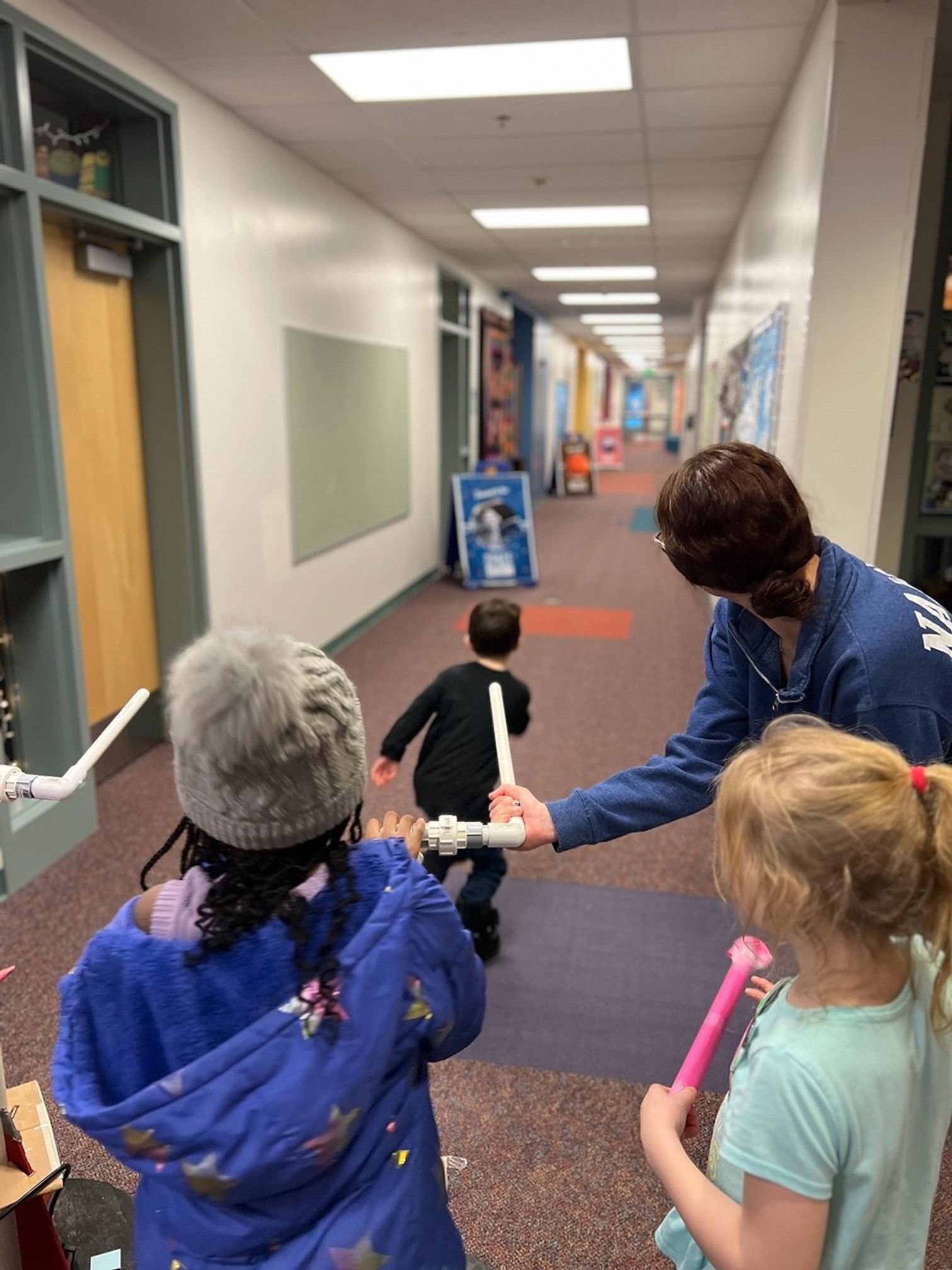
On Tuesday, January 28th, Fairbanks BEST Homeschool joined the Geophysical Institute for an afternoon of rocket exploration, hands-on activities, and stargazing inside a planetarium. This event was free and open to the public. Despite their frigid winter weather, 200 attendees…
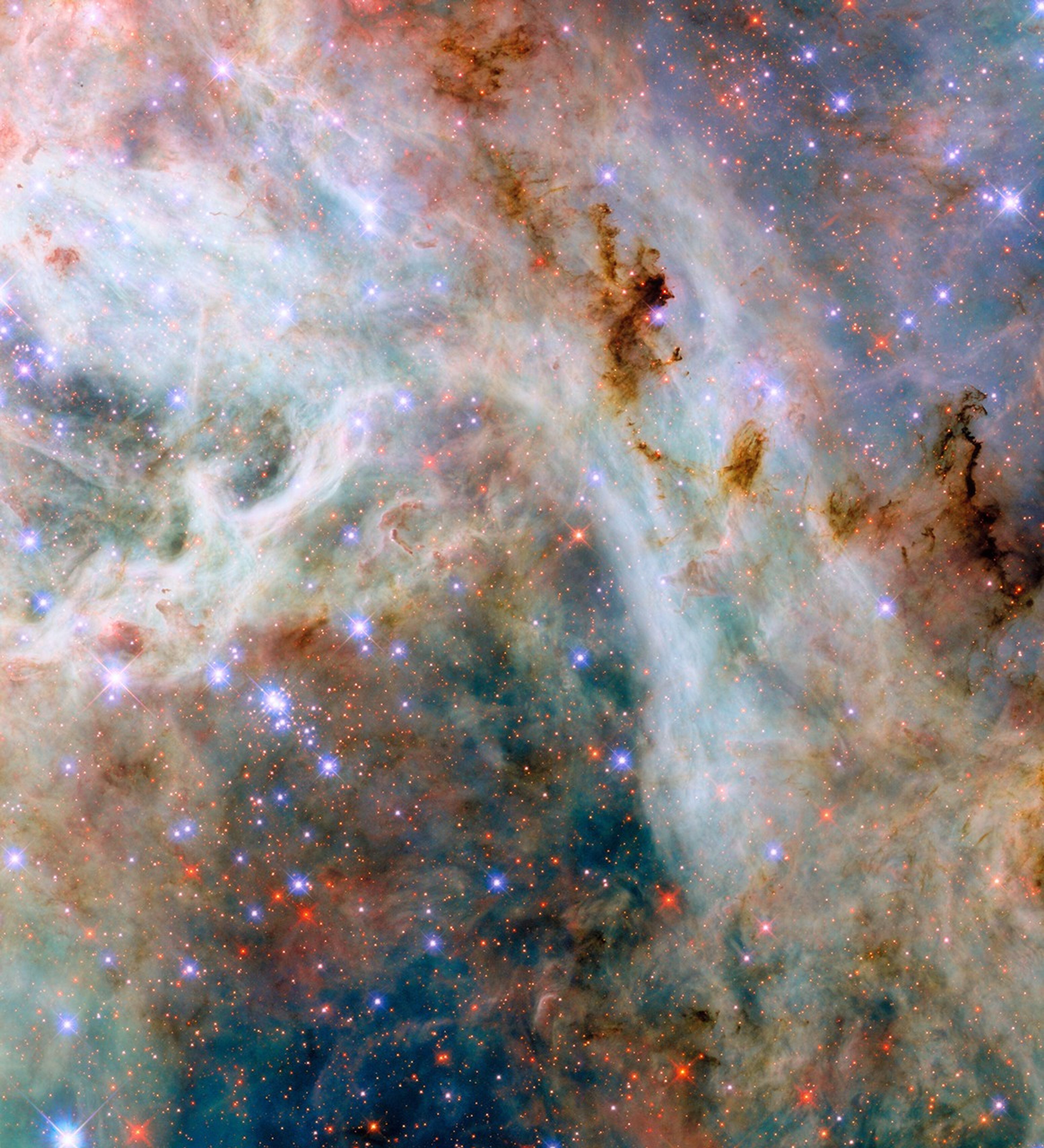
The universe is a dusty place, as this NASA/ESA Hubble Space Telescope image featuring swirling clouds of gas and dust near the Tarantula Nebula reveals. Located in the Large Magellanic Cloud about 160,000 light-years away in the constellations Dorado and…

